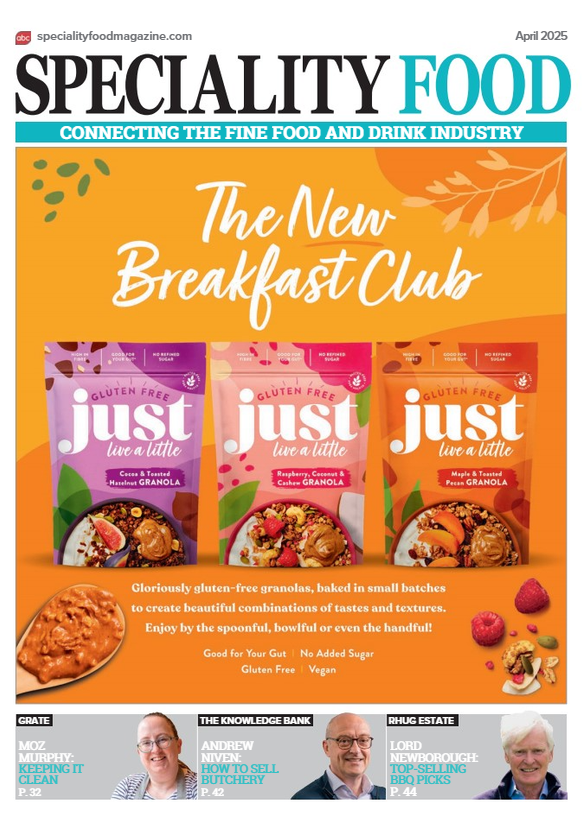“When ‘cheese’ is not cheese”

- “Sticky fingers”
- “Everyone’s a winner”
- “Myths and legends of Turophilia”
- “Don’t disrespect the Cheddar”
- “Black and White thinking”
I took a call just as I was about to sit down for the judges’ lunch at Nantwich. It was from a friend of over 50 years and historically, a great customer at my cheese shop.
“I’ve gone vegan,” he said. “I’ve bought a selection of vegan cheeses and want you to come round and taste them with me.” I’d judged a few vegan ‘cheeses’ for a number of award schemes, but always found them wanting. Nonetheless, I agreed to join him and bring an open mind. Contempt prior to investigation can lead to missed opportunities. Indeed, joining my table at the International Cheese Awards, I mentioned this unexpected call. A quick consensus was that this would qualify as one of the rings of hell and an event best avoided. But as I thought more about the opportunity, I became more and more intrigued.
On the day I was not overwhelmed by the majority of products that we sampled. I was also aghast at the retail prices some commanded – up to £70 per kilo. What these would-be cheese substitutes lacked was a dynamic present in real cheese, the glorious balance between ripeness and ‘going over’; most felt completely lifeless and somehow cold – manipulation didn’t release oils and aromas, nor did it break down the texture to make the cheese more pliable. However, I still have the option to eat cheese, and can fully understand and respect those who won’t. There was no back story or provenance about the cheeses, and perhaps most importantly, no sense of connection to the land. These felt like science experiments rather than produce from a terroir.
When I lived in the Arabian Gulf in the 1970s, pork products were banned, and beef bacon and sausages were the closest we could obtain. Not quite what we wanted, but with enough of an echo of a full English to keep us quiet. Similarly, fully observant vegetarians have striven to source a Parmigiano-style cheese, but made with non-animal rennet. I thought the plainer cheeses to be sorely lacking in character, and suspect that artisan vegan producers may find a niche in fermenting ingredients like tempeh to deliver something that’s tasty, precious and needs care to serve at its best.
The vegan cheeses to which I was drawn were those with stronger flavourings, whether ‘blue’ or with chilli. Thus, when I learned that Heather Mills was investing some of her phone-tap payout into a vegan ‘cheese’ range in association with Norseland, I was fascinated. These won’t be chosen by conventional cheese lovers, but Norseland’s clout should enable better distribution than these products have enjoyed to date and their expertise in flavourings will give opportunity for vegans to enjoy something new. Ms Mills’ involvement will add a commitment to plant-based living to which fellow vegans will be drawn.
I reckon that cheese retailers might find it worthwhile to stock some long-life pre-packs of these vegan ‘cheeses’ to satisfy the increasing number of pop-in punters looking for vegan cheese, and as a top-up for dinner party cheeseboards to cater for a vegan guest or two.
more from Town Crier
-
“We’re a resourceful bunch”
17 May 2019 Town CrierIt’s almost exactly 10 years ago that I sat down to create the first business plan for my cheesemonger. -
“Waxing lyrical”
12 February 2019 Town CrierOn a family holiday to Normandy in 1965, my parents and their adult friends were hugely excited by Livarot and Camembert – seldom seen back home in Hampshire. -
“What a wonderful world”
07 January 2019 Town CrierI was one of 235 judges at mthe recent World Cheese Awards,held in Bergen, Norway

